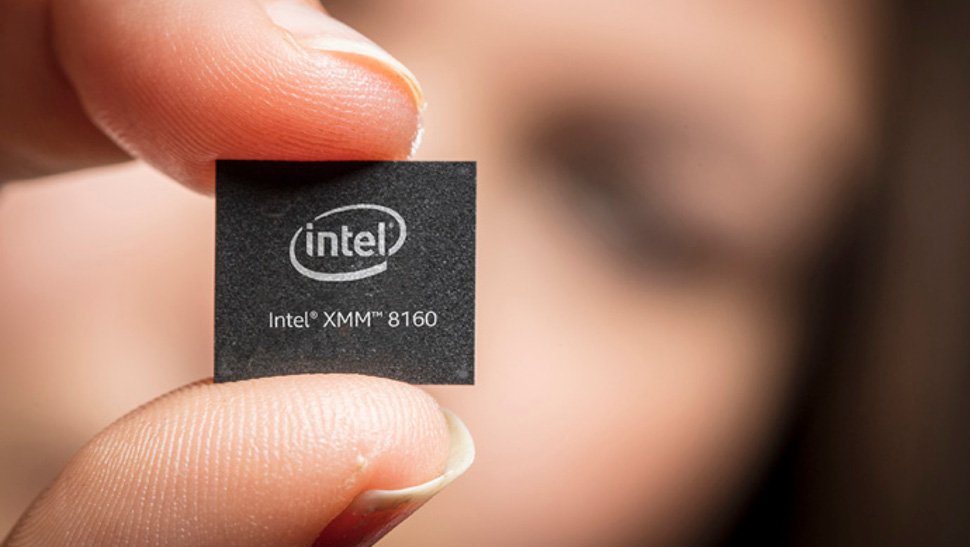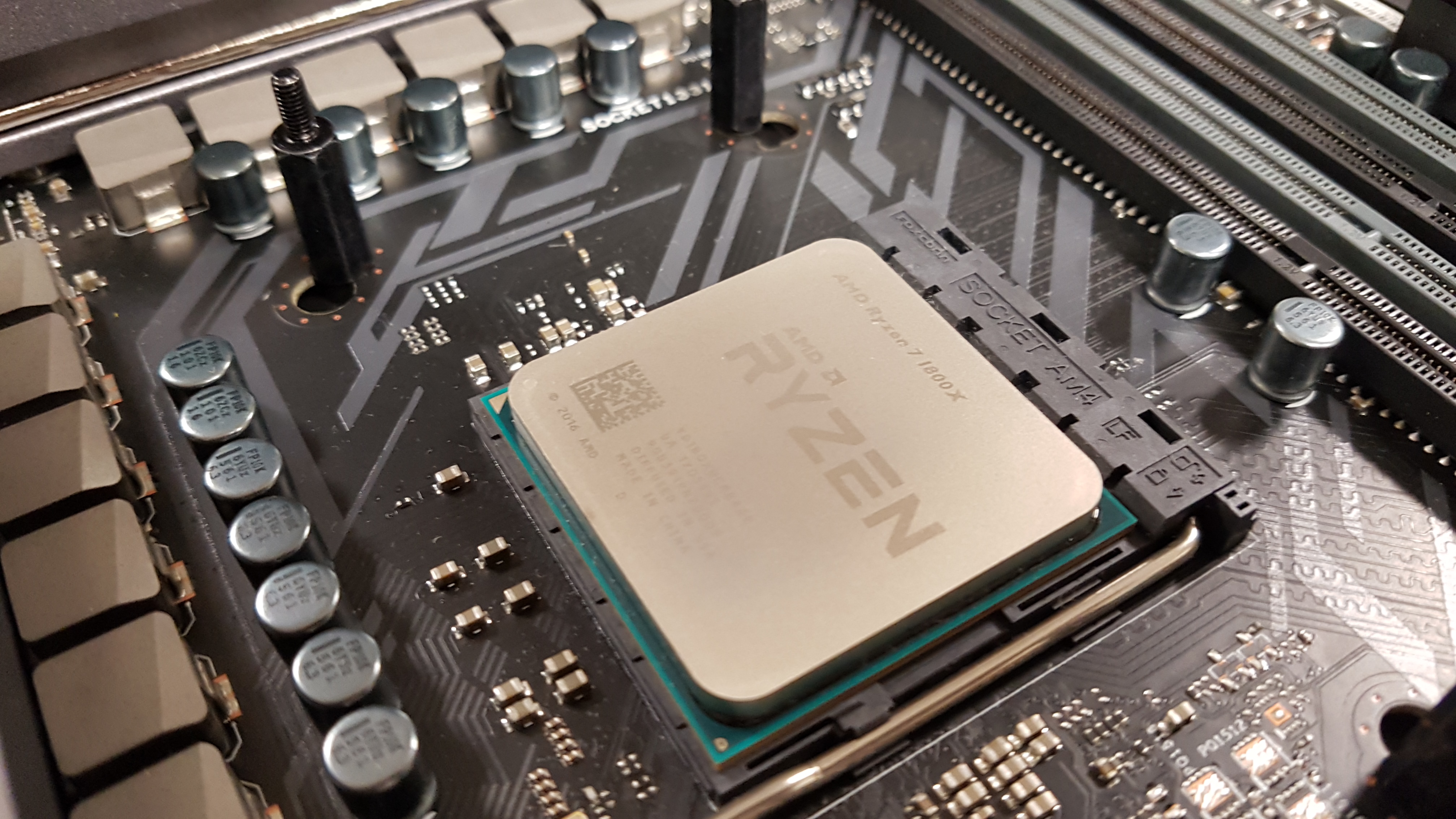Apple blames Intel for poor Mac sales – so why doesn’t it just buy AMD?
Costing an ARM and a leg

Apple doesn’t like losing, so when it announced its latest financial results (for the fiscal second quarter, running up to the end of March), the fact that it had to admit that revenue for its Mac business declined by 5%, must have stung.
However, Apple was keen to pin the decline on the fact that it “faced some processor constraints in the March quarter,” and that “Mac revenue would have been up compared to last year without those constraints”.
Essentially, Apple was blaming Intel’s recent processor shortage for the slump in Mac sales.
Now, we love a bit of juicy feuding between the big beasts of the technology world – mainly because not only is it entertaining, it’s also pretty rare for one company to blame one of its partners for its problems.
But, while Intel has been providing processors that power Apple’s MacBooks and Mac computers for a while now, the relationship between the two companies has turned a little frosty.
This hasn’t been helped by the rumors that suggest Apple is looking to ditch Intel and create its own ARM-based CPU.

No ARM done
These rumors suggest that Apple wants to make its own processor so that it can make apps that are compatible with both Macs and iPhone and iPads, which run on similar processors.
Get daily insight, inspiration and deals in your inbox
Sign up for breaking news, reviews, opinion, top tech deals, and more.
Now this logic is pretty sound – as apps that can run on a variety of different devices are all the rage at the moment. It’s not that easy though; just look at Microsoft and its dying UWP (Universal Windows Platform) apps. Actually, don’t do that, as it would mean opening up the Microsoft Store in Windows 10, and no one wants that.
Having complete control over the hardware – and not having to pay a third party to develop its processors – would also lead to bigger profit margins, and we all know how Apple loves to make money.
However, with Apple clearly feeling that Intel is holding back its business, the company may be looking more closely at what it can do it rid itself of its Intel dependency.
But, it’s not that easy to create your own processor. I should know – as I’ve tried. Admittedly, my processor, the Matt64, was doomed to fail due to it being made out of Lego and sweet wrappers, but for Apple to make its own processor, it will take time and money.
Perhaps there’s an easier way. For a company with pockets as deep as Apple's, maybe there’s a way to have complete control over its hardware without depending on Intel, while also giving its once partner a poke in the eye – by buying AMD.

WHAT?!
I can’t be serious, right? Well… Think about it. Apple buying AMD would give it a company that makes its own processors, so in theory it wouldn’t have to wait around for tedious (and expensive) research and development – it could have almost ready-made CPUs available to plonk into the next generation of Mac computers.
Apple already uses AMD’s graphics cards for its devices – so there’s a potential saving there as well.
Plus, while AMD is doing better than it was during its wilderness years, the company didn’t have stellar financial results either, mainly due to the cryptocurrency gold rush fizzling out. That led to a drop in share price for AMD, which means Apple could easily snap it up.
Also, imagine the fallout such a move would make! Both Intel and Nvidia, AMD’s competitors, would be quaking in their boots.
The idea that AMD hardware wouldn’t be available for Windows PCs could also cause a great disturbance in the Force, as if millions of fanboys suddenly cried out in terror. It would be nuts.
But it does make sense. Sort of. And it will never happen. What’s more likely is that Apple and Intel continue to fall out, and Apple does indeed build its own ARM-based processor.
It’s a shame, as Apple buying AMD would be crazy, ambitious, surprising, and – above all – rather exciting.
- These are the best Macs money can buy right now

Matt is TechRadar's Managing Editor for Core Tech, looking after computing and mobile technology. Having written for a number of publications such as PC Plus, PC Format, T3 and Linux Format, there's no aspect of technology that Matt isn't passionate about, especially computing and PC gaming. He’s personally reviewed and used most of the laptops in our best laptops guide - and since joining TechRadar in 2014, he's reviewed over 250 laptops and computing accessories personally.